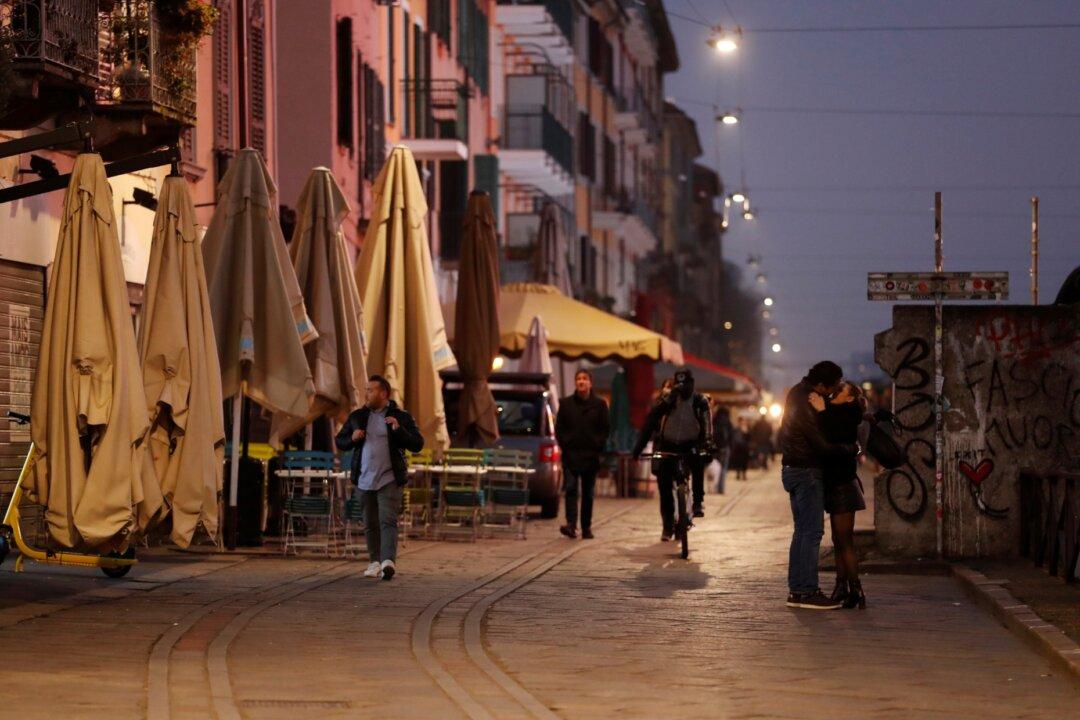An outbreak of coronavirus in northern Italy worsened on Feb. 26, with more than 30 new cases confirmed in the two worst-hit regions and children found to have the illness for the first time.
Officials in Lombardy, which includes Italy’s financial capital Milan, said cases had risen overnight to 259 from 240 on Tuesday, with four children, including a 4-year-old girl, infected in the first such cases in the country.





